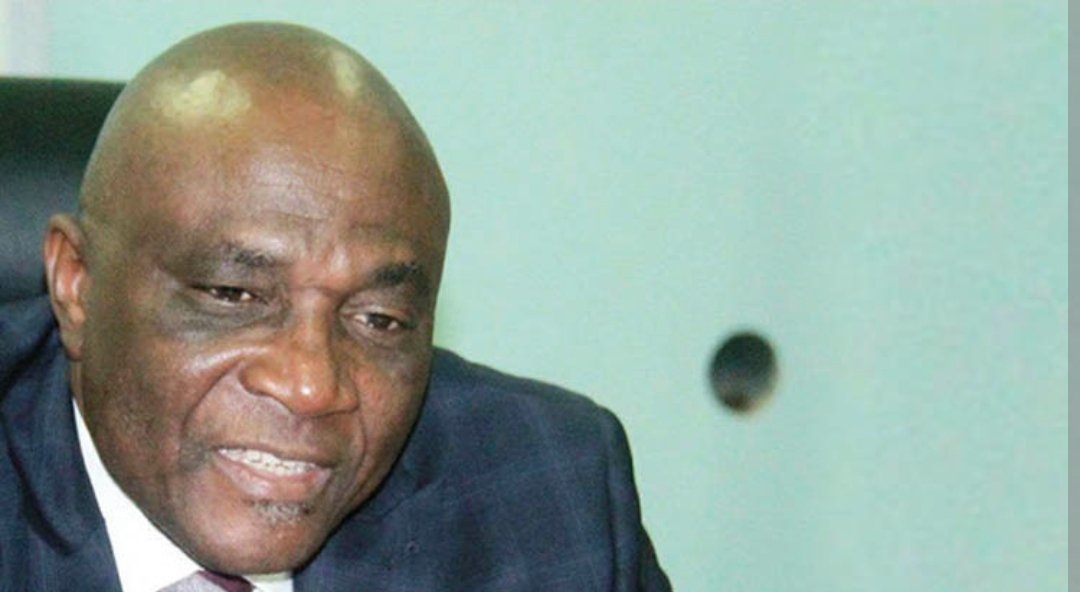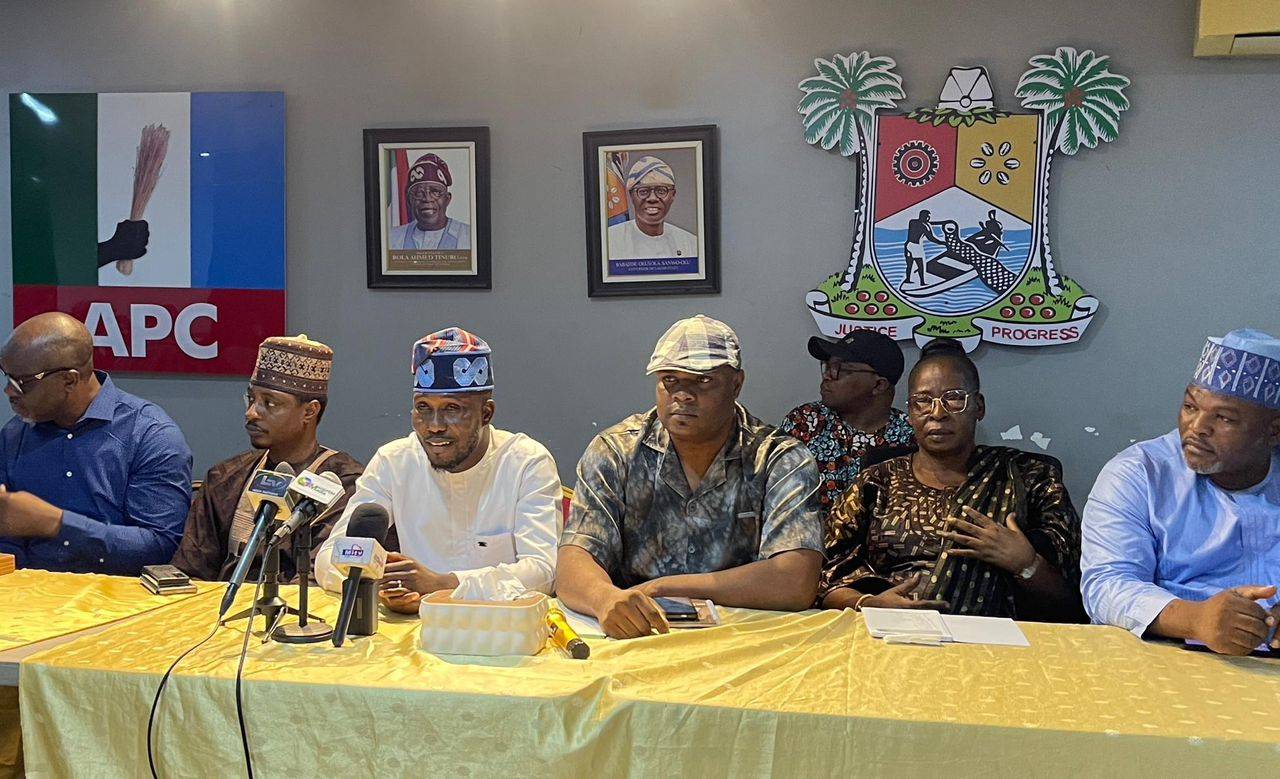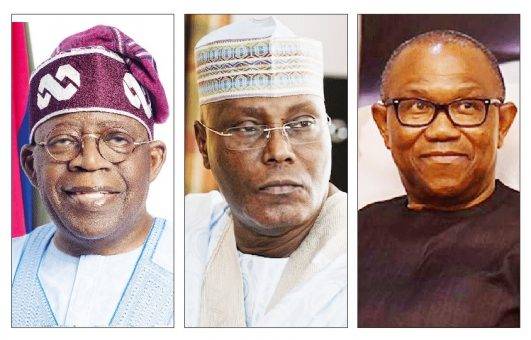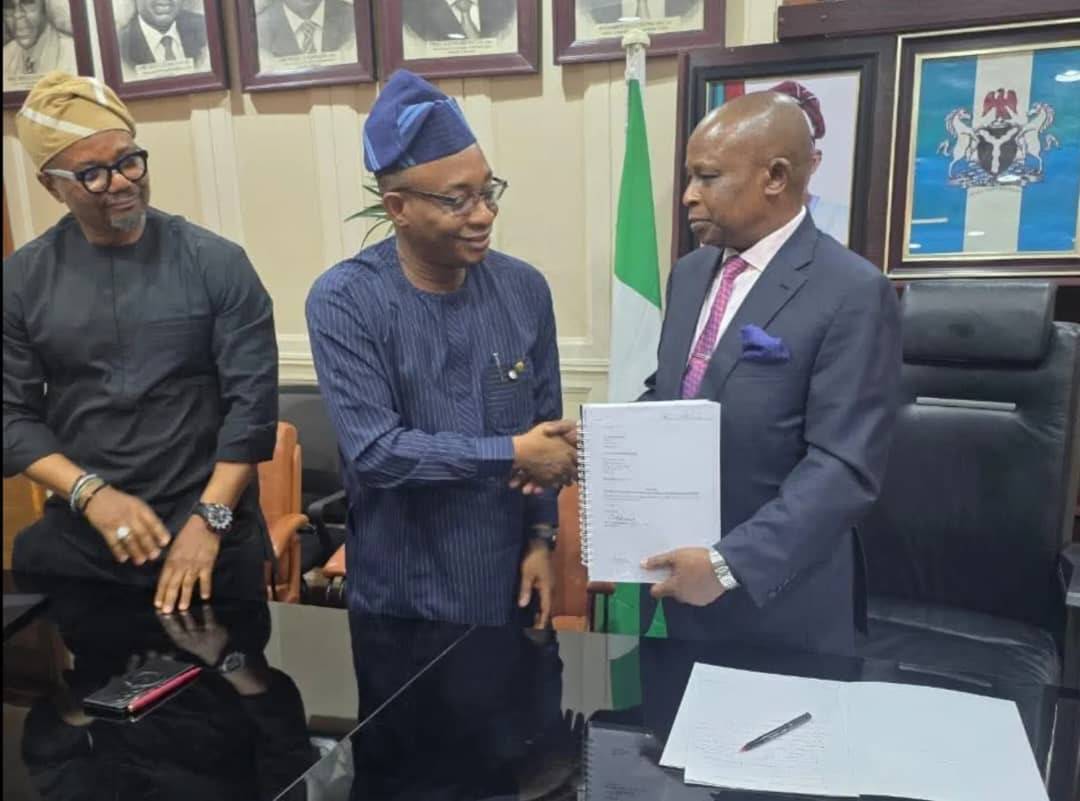By David Peter
In exploring the legal, political, and strategic hurdles Bayo Onanuga, a renowned Nigerian journalist and Director of the Media, and Publicity, Tinubu-Shettima Presidential Campaign of the ruling, All Progressives Congress, has been disputed for human rights violations online why exercising his civic right and duty. Assorted factions have called for his prosecution by the International Criminal Court (ICC), but there are miscellaneous reasons why such petitions will not see the light of day.
It is worth noting that the ICC is often criticized for its limited scope and lack of enforcement power. The court has faced criticism from African countries, In particular, for what some perceive as selective prosecution of African leaders while ignoring human rights abuses committed by leaders of other regions. This criticism has led some African countries to withdraw from the Rome Statute or threaten to do so.
Why the petition against Bayo Onanuga is a futile pursuit isn’t limited to, as follows;
1. The ICC is a court of the ultimate resort and can only intervene if the National or Federal authorities are unwilling or unable to prosecute individuals for crimes within its jurisdiction.
2. The ICC has a limited mandate and jurisdiction. Therefore, the court can only prosecute individuals for the most serious crimes, Such as genocide, War crimes, and crimes against Humanity. Thus, Petitions against Onanuga would fail because none of this crime was perpetrated by him.
3. The ICC operates on the principle of complementarity, which means that it can only intervene if our national legal systems are unable or unwilling to investigate and prosecute such crimes. However, if the Nigerian courts are already investigating Onanuga, or if there are other national or international mechanisms in place to address the alleged human rights violations, the ICC may not be able to intervene.
4. The ICC operates based on universal Jurisdiction, which means that, it can only prosecute individuals who are Nationals of States that have ratified the Rome Statute, such a treaty was established by the court. Nota-bene, Nigeria is a signatory to the Rome Statute.
5. The ICC is a complex and time-consuming legal process, which requires significant resources and political will from states and international organizations. The courts have a limited capacity and competing priorities, this may mean that, petitions against Onanuga are not prioritized and will be dismissed due to lack of evidence or jurisdictional principle.
Hence, any legal action against Onanuga must be approached with a clear understanding of the legal and practical limitations of international law and institutions.
Postscriptum: While petitions against Bayo Onanuga to the ICC are dregs of time, the oppositions are faced with vast legal and practical hurdles that will impede them from thriving and this must be done through ethical legal channels and with a realistic understanding of the limitations of international law and institutions.
David Peter writes from Abuja.














